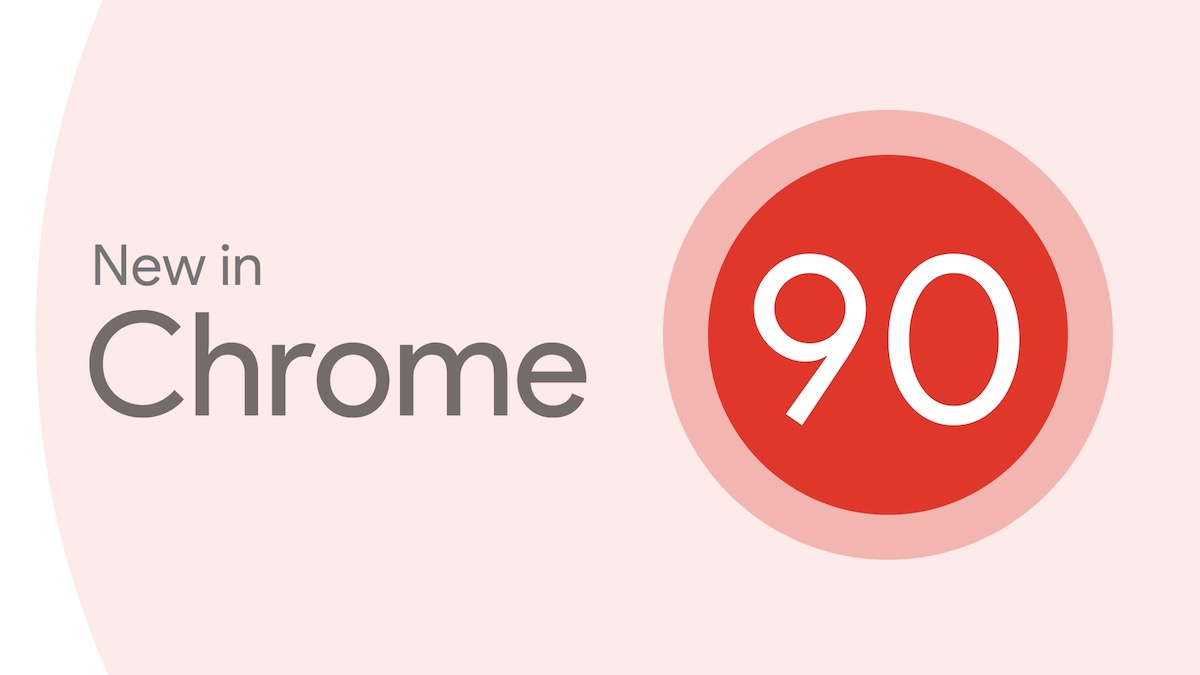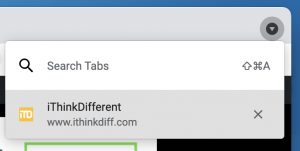Google has released Chrome 90 with a new AV1 encoder which is used for video conferencing apps with RTC integration. The new browser update also uses HTTPS by default when a website URL is entered in the address bar, in an effort to improve privacy and get all websites to move to the secure protocol.

Chrome 90 rolls out tab search to all users, and defaults to HTTPS for all websites
Google Chrome has already supported RTC for video conferencing apps like Duo, Meet, and Webex. The company notes that AV1 offers better compression and uses less bandwidth than VP9. It also helps with higher quality during screen sharing compared to other codes. As per Google’s official announcement:
AV1 encode is requested by a number of RTC applications, including Duo, Meet, and Webex. The primary benefits of AV1 are:
– better compression efficiency to reduce bandwidth consumption and improve visual quality
– Enabling video for users on very low bandwidth networks (offering video at 30kbps and lower)
– Significant screen sharing efficiency improvements over VP9 and other codecsWe are also promoting this launch to enable easier testing and experimentation with AV1 RTC calls.
Chrome 90 also disabled connections via port 554, which was used to connect to HTTP, HTTPs or FTP servers. This is to mitigate NAT Slipstream 2.0 attacks.
In terms of user-facing features, Google has now rolled out tab search for all users. Users should now see a button on the top right corner of Chrome browser, which should allow them to search their open tabs.

Lastly, Chrome 90 will now use HTTPS as the default protocol when website URLs are entered in the address bar. This will help improve privacy but also push any remaining websites to set up automatic redirection from HTTP to HTTPS. Note that IP addresses, single label domains, and reserved hostnames such as test/ or localhost/ will still default to HTTP, as these are often used for development purposes or local access, and do not require HTTPS.
Chrome 90 is now available to all users on Mac, Windows, Linux, and Android.
1 comment
Comments are closed.